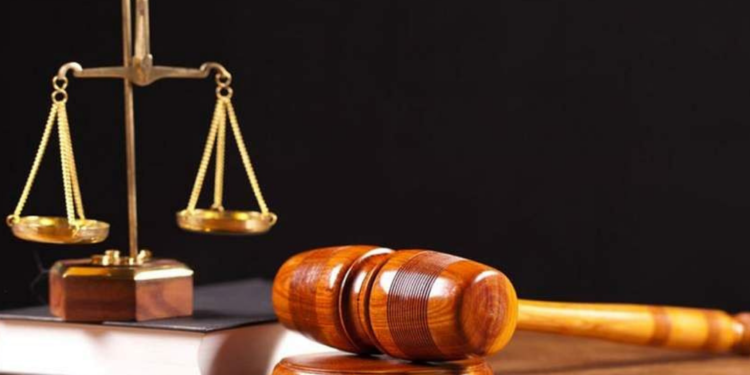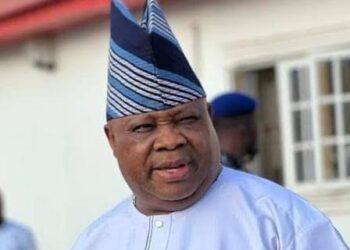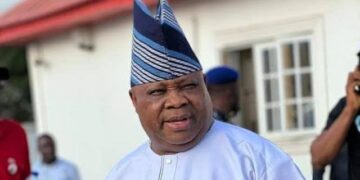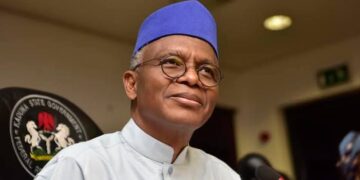Justice Sylvanus Oriji of the Federal Capital Territory (FCT) High Court has reserved ruling on the preliminary objections raised by the former governor of Taraba State, Darius Ishaku, regarding the court’s jurisdiction to hear his case. Ishaku, along with Bello Yero, a former permanent secretary in the Bureau for Local Government and Chieftaincy Affairs of Taraba, is facing a 15-count charge brought by the Economic and Financial Crimes Commission (EFCC) over allegations of criminal breach of trust, conspiracy, and the diversion of public funds amounting to N27 billion.
The court heard arguments from both parties on whether it had the authority to adjudicate the case. Ishaku’s legal team, led by Senior Advocates of Nigeria (SAN) P.H. Ogbole and Adeola Adedipe, contended that the court lacked both territorial and constitutional jurisdiction to hear the case. They argued that the alleged offences pertained to the finances of the Taraba State government, which, according to them, falls under the purview of the state government, not the federal judiciary.
In his argument, Ogbole highlighted that investigations and prosecutions relating to state finances were constitutionally reserved for state authorities. He also pointed out that the EFCC’s affidavit acknowledged that part of the alleged crimes occurred in Abuja. Ogbole stressed that the charge concerned Taraba State finances, and it was inappropriate for the federal court to hear the matter.
Adedipe echoed similar concerns, asserting that the EFCC’s authority to investigate state finances was limited, especially in cases where the state has its own anti-corruption commission. Referring to the case of Shema v. FRN, Adedipe argued that since Taraba has an anti-corruption commission, it should be the one responsible for prosecuting any related offences, not the EFCC. He further argued that the law creating the Taraba State Anti-Corruption Commission had not been gazetted, a critical flaw in the prosecution’s case.
The defence lawyers also contested the procedural and territorial jurisdiction of the court, urging Justice Oriji to strike out the charges. However, the prosecution, represented by the EFCC, maintained that the court was competent to hear the case and that the charges against the defendants were valid.
After listening to the arguments, Justice Oriji decided to reserve his ruling until the time of judgement, in accordance with Section 396(3) of the Administration of Criminal Justice Act (ACJA). He adjourned the matter until January 21, 2024, for further hearing.
The EFCC’s charges against Ishaku and Yero include diverting large sums of money from the Bureau for Local Government and Chieftaincy Affairs in Taraba. Among the accusations, the EFCC alleges that the duo misappropriated over N1 billion between August 2015 and March 2016, and other sums between 2015 and 2021, totalling over N3 billion.
The charges also include the diversion of funds meant for the Bureau’s contingency funds and loans intended for the development of the state. Ishaku and Yero have both pleaded not guilty to the charges and are seeking to have the case dismissed on the grounds of lack of jurisdiction.




































